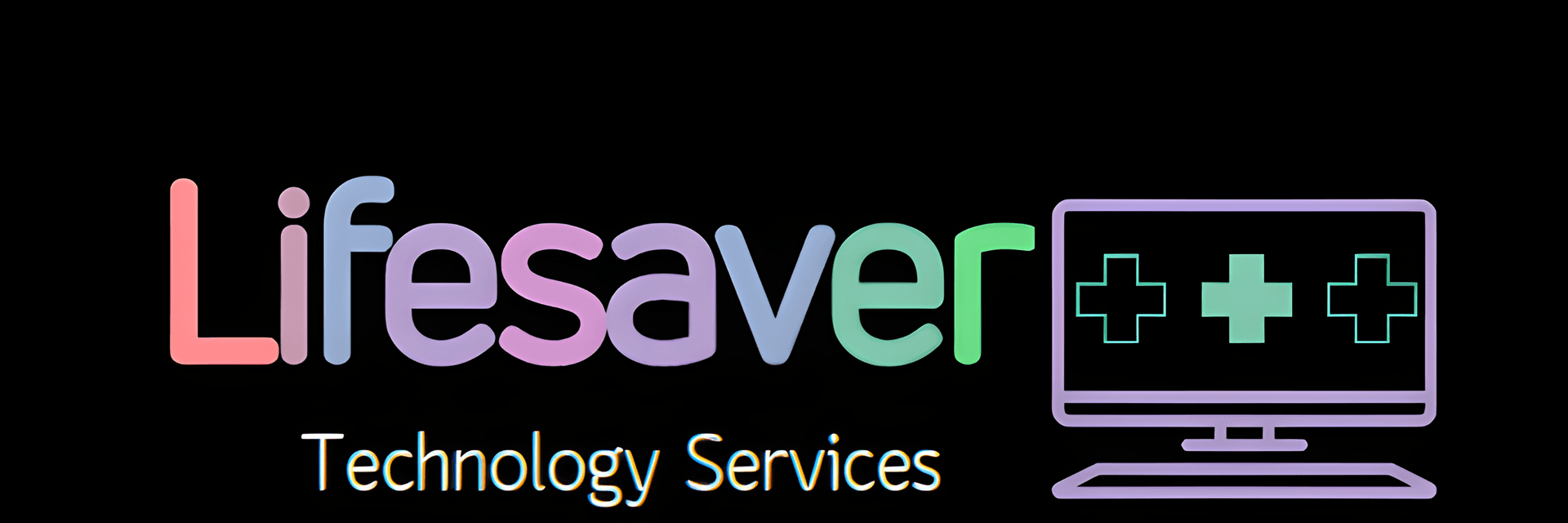Cybersecurity Best Practices for Remote Workforce
LT
In today's digital age, remote work has become increasingly common. With the rise of remote work comes the need for enhanced cybersecurity measures to protect sensitive information and ensure the security of remote employees. Implementing cybersecurity best practices is crucial for safeguarding your company's data and preventing potential security breaches.
Use a Virtual Private Network (VPN)
When working remotely, it's essential to use a Virtual Private Network (VPN) to encrypt internet traffic and protect sensitive data from potential threats. A VPN creates a secure connection to another network, ensuring that all data transmitted is encrypted and secure.

Implement Multi-Factor Authentication (MFA)
Multi-Factor Authentication (MFA) adds an extra layer of security by requiring multiple forms of verification to access an account or system. By implementing MFA, you can significantly reduce the risk of unauthorized access to sensitive information.
Regularly Update and Patch Software
Keeping software and applications up to date is crucial for addressing security vulnerabilities and protecting against potential cyber threats. Regularly updating and patching software can help prevent unauthorized access and data breaches.

Provide Security Awareness Training
It's important to educate remote employees about cybersecurity best practices and potential threats. Providing security awareness training can help employees recognize and respond to potential security risks, ultimately strengthening the overall security posture of your remote workforce.
Secure Endpoint Devices
Endpoint devices, such as laptops and mobile devices, are often used for remote work. It's important to ensure that these devices are equipped with security measures such as antivirus software, firewalls, and encryption to protect against potential threats.

Encrypt Sensitive Data
Encrypting sensitive data is essential for protecting it from unauthorized access. By encrypting data, you can ensure that even if it is intercepted, it remains unreadable to unauthorized individuals.
Use Secure Communication Tools
When communicating with remote team members, it's important to use secure communication tools that offer end-to-end encryption and other security features. This helps protect sensitive information from potential eavesdropping or interception.

Regularly Back Up Data
Regularly backing up data is crucial for ensuring that important information is not lost in the event of a security breach or data loss. Implementing a robust data backup strategy can help mitigate the impact of potential cybersecurity incidents.
